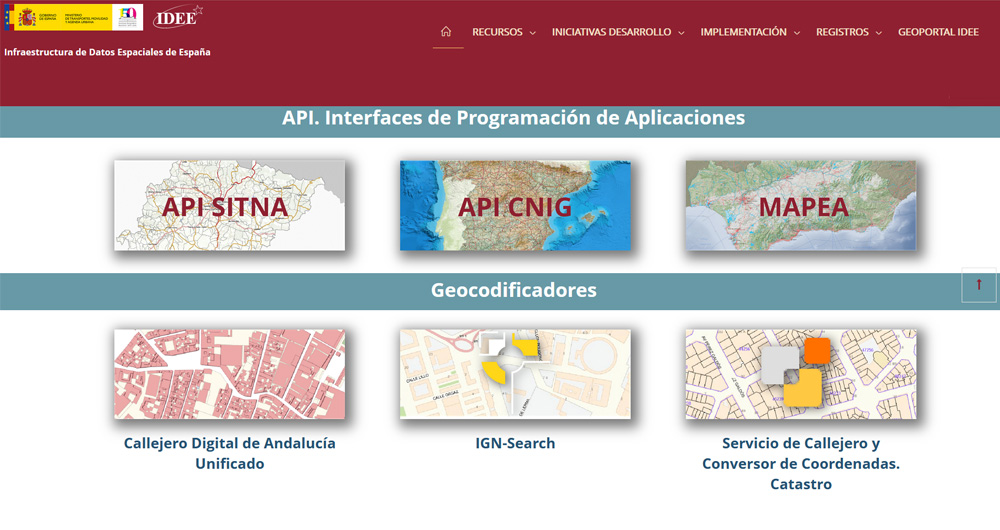5 posts found
Data activism: an increasingly relevant practice in the age of platforms
Data activism is an increasingly significant citizen practice in the platform era for its growing contribution to democracy, social justice and rights. It is an activism that uses data and data analysis to generate evidence and visualisations with the aim of revealing injustices, improving peop…
The data sphere we live in: the interconnected data system
As technology and connectivity have advanced in recent years, we have entered a new era in which data never sleeps and the amount of data circulating is greater than ever. Today, we could say that we live enclosed in a sphere surrounded by data and this has made us more and more dependent on it. On…
The Spatial Data Infrastructure of Spain (IDEE), a benchmark for geospatial information
Throughout history, geospatial data have allowed humankind to better understand its environment. When we talk about geographic or spatial data, we refer to data "that implicitly or explicitly refer to a location relative to the Earth", according to the Spanish Standard UNE 148004:2018. Generally, th…
Open data as a tool to reduce inequalities
The public sector is not only a great provider of open data, but also one of its main users. Open data facilitates contact and direct communication between governments and citizens. This can drive more efficient and effective public policies.
Among other areas, open data has great potential to devel…
Factors that define open data impact
The final impact that can be obtained through an open data initiative will ultimately depend on multiple interrelated factors that will be present (or absent) in these initiatives. That is why the GovLab of New York University has analyzed these factors thanks to the study of the several use cases c…




